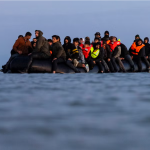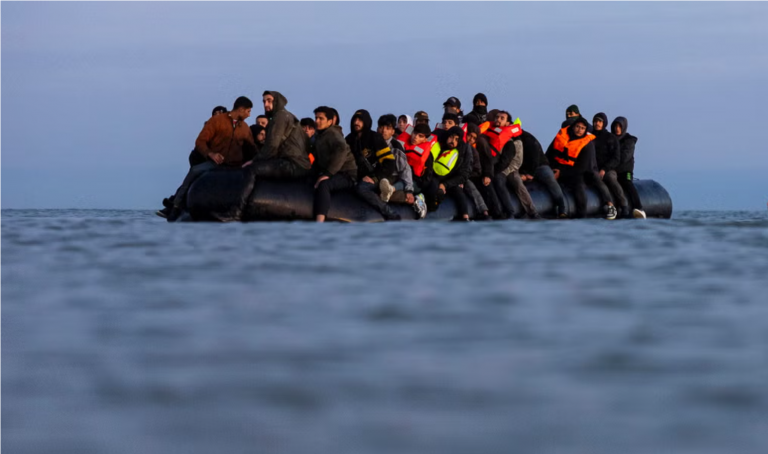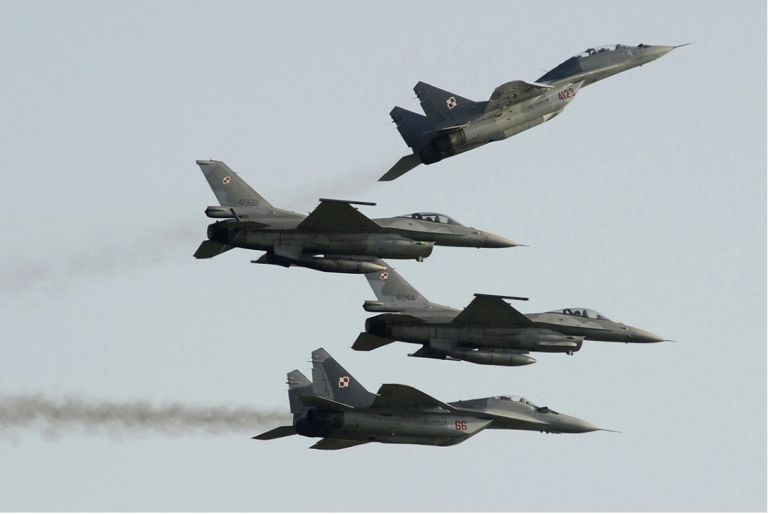
By Dan Sabbagh, Defence and Security Editor
A stunning shift in US-Ukraine relations has sent shockwaves through the international community, as the partnership between Washington and Kyiv, once robust and clear, is now facing unprecedented challenges. This dramatic reversal has led to growing uncertainty, with both sides working to reassess their positions and responses amid an intensifying conflict in Ukraine. All eyes are now on Russia, as President Vladimir Putin could exploit these fractures in the West’s unity to strengthen his position.
The abrupt changes in the dynamic between the US and Ukraine have been attributed to a variety of factors, including political tensions, diplomatic missteps, and shifts in US leadership priorities. The deterioration of this once close relationship has placed Kyiv in a precarious situation, particularly as it continues to face increasing pressure from Russian forces. Washington’s reduced support for Ukraine, including the suspension of military aid and intelligence-sharing, has left Ukraine struggling to secure the resources it needs to defend itself.
However, despite these setbacks, President Volodymyr Zelenskyy and his team have been working tirelessly to repair ties with the US and other Western allies. In recent talks, including the high-stakes meetings in Saudi Arabia, Ukrainian officials have sought to salvage what is left of their relationship with the US, hoping to regain the support necessary for Ukraine’s survival and territorial integrity.
Russia’s Strategic Calculations
As the US-Ukraine alliance faces these internal challenges, Russia is watching closely. Putin’s position has always centred around two major demands: the implementation of pro-Russian reforms in Ukraine, including constitutional changes related to elections, and a firm rejection of any European peacekeeping forces being stationed in Ukraine. These demands, which have been on the table since the conflict’s early days, have not shifted significantly despite the evolving geopolitical landscape.
Putin’s insistence on Ukraine holding elections under Russian terms and excluding European peacekeepers is a key part of his strategy to weaken Ukraine’s sovereignty and solidify Russia’s influence over the region. With a fractured relationship between Ukraine and its Western allies, Putin may see this as an opportunity to press harder for his long-standing objectives, knowing that internal discord could make it harder for the US and its European partners to present a united front.
The prospects for any meaningful diplomatic progress depend largely on how both Ukraine and the US navigate these difficult conversations, and how much room they are willing to give Putin in the broader negotiations. Despite the tensions, many Western leaders have indicated that their ultimate goal remains a peaceful resolution to the conflict, but the path forward is increasingly uncertain.
A Time of Strategic Uncertainty
This moment of strategic uncertainty comes at a critical time for both Ukraine and the West. As the US recalibrates its support for Ukraine, Russia may be emboldened to make more aggressive moves, particularly in terms of territorial demands and political concessions from Ukraine. The potential for a shift in the balance of power is real, and the stakes for global security have never been higher.
The next few months will be crucial in determining the direction of the conflict and the broader geopolitical landscape. Ukraine’s leaders must carefully navigate the increasingly complex international dynamics, while Western allies like the US must work to restore confidence and unity in their approach to Ukraine’s defence. Meanwhile, Russia’s leadership will likely continue to exploit any fractures in the West’s support for Ukraine, capitalising on divisions to pursue its goals.
Ultimately, this dizzying turnaround in US-Ukraine relations places Russia in a stronger position than it has been in recent months. As the world watches, the focus remains on whether Russia will seize this moment to push further on its demands, and how the US and its allies will respond in the face of mounting pressure.













